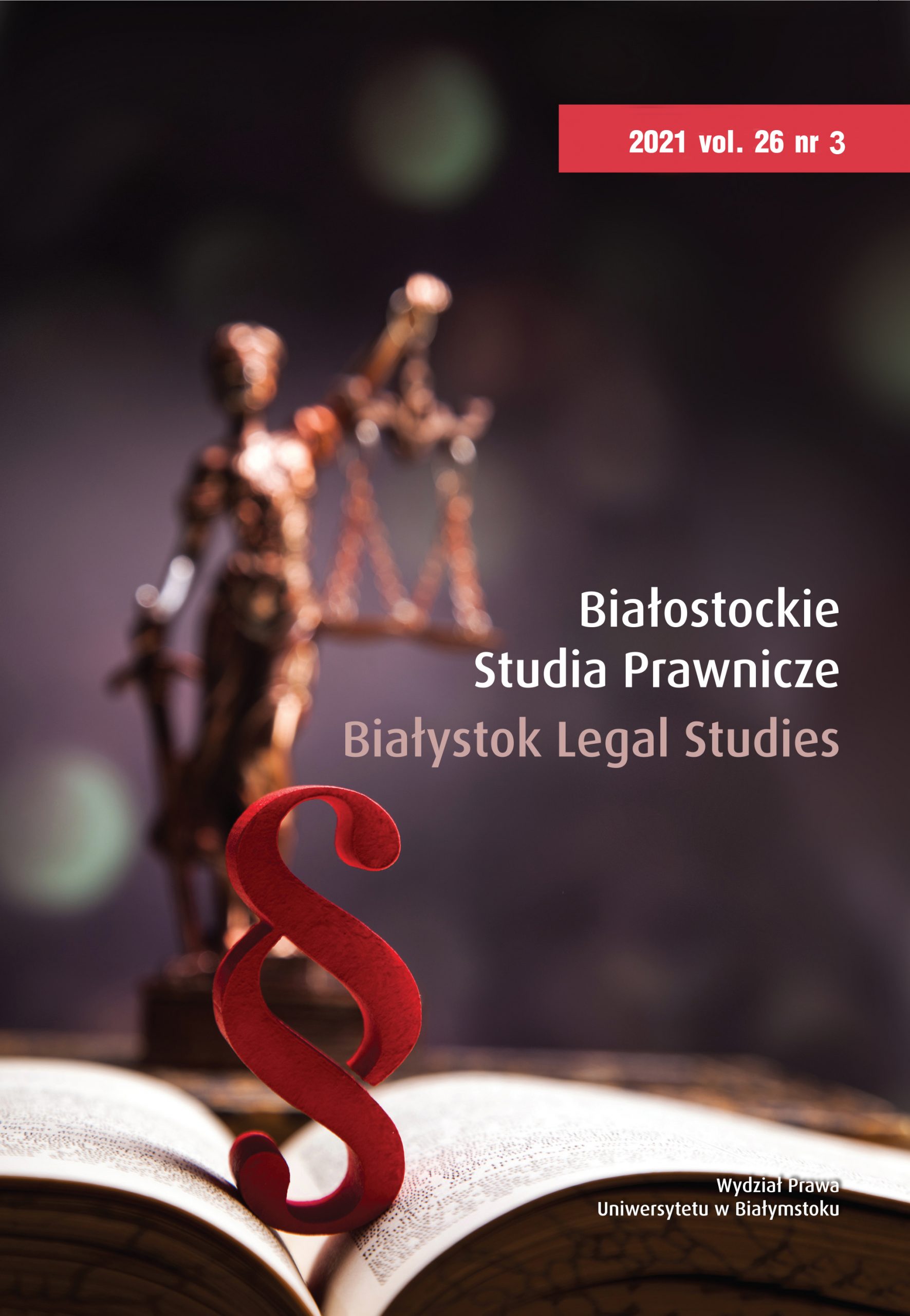Pros and Cons of Digital Solutions for the Implementation of Freedom of Movement and Residence in the Schengen Area in the Era of the COVID-19 Pandemic
Pros and Cons of Digital Solutions for the Implementation of Freedom of Movement and Residence in the Schengen Area in the Era of the COVID-19 Pandemic
Author(s): Wioleta Hryniewicka-FilipkowskaSubject(s): Law, Constitution, Jurisprudence, Human Rights and Humanitarian Law, EU-Legislation
Published by: Temida 2
Keywords: COVID-19; free movement; public health; Schengen area
Summary/Abstract: The COVID-19 pandemic caused by the SARS-CoV–2 coronavirus, which emerged in Europe in January 2020, gave rise to restrictions by European Union Member States on freedom of movement and residence in the Schengen area. Individual actions by states mobilized the EU to take formal steps as well as to implement practical solutions to coordinate the efforts of all Member States. Digital solutions belong to the practical measures. Their implementation may bring potential benefits but is also associated with the possibility of potential risks. This article presents the basic assumptions of freedom of movement and residence in the Schengen area and their limitations by Member States justified by public health reasons. The characteristics of digital solutions for facilitating freedom of movement during the COVID-19 pandemic are then presented, taking into account their effectiveness. The paper concludes with a presentation of the benefits and potential risks associated with the implementation of selected digital solutions by the European Union.
Journal: Białostockie Studia Prawnicze
- Issue Year: 3/2021
- Issue No: 26
- Page Range: 153-170
- Page Count: 18
- Language: English

